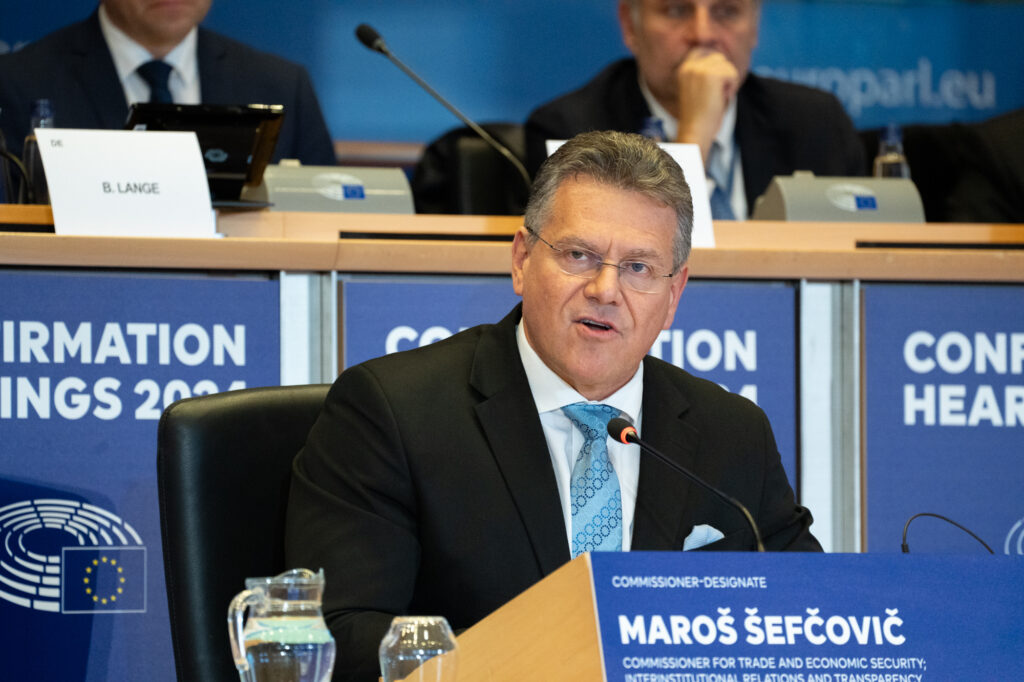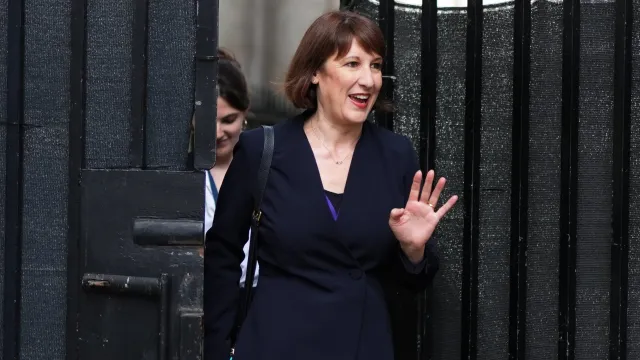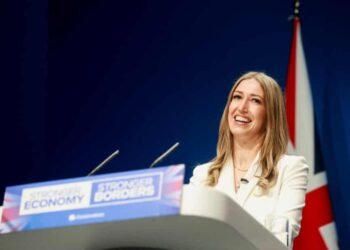The UK response to global stock market volatility from US tariffs entered a new phase Tuesday as Chancellor Rachel Reeves sought to ease market nerves and signal confidence amid growing financial uncertainty.
Reeves addressed Parliament following a steep international sell-off triggered by Washington’s aggressive tariff announcements, emphasizing that stability remains intact.
She told members of parliament that she had spoken directly with Bank of England Governor Andrew Bailey, who assured her that “markets are functioning effectively and that our banking system is resilient.”
While financial markets showed early signs of recovery, the chancellor underscored the broader concern: the return of global trade war. Reeves reiterated that a renewed trade war “is in nobody’s interest”, confirming ongoing negotiations between the UK and the United States. She added that she would soon meet with US Treasury Secretary Scott Bessent for further discussions.
Beyond bilateral talks with Washington, Reeves noted that Britain is actively “working with international allies to reduce the barriers to trade right across the world,” referencing recent meetings with officials from Canada, Australia, Ireland, France, Spain, and the European Commission. Talks with Indian leaders are scheduled for Wednesday, April 9.
UK Response To Global Stock Market Volatility From US Tariffs
As markets processed the unfolding events, investor confidence began to return. London’s FTSE 100 surged by 152 points, a 2% gain, landing at 7,854. Germany’s DAX index climbed 1.5%, while France’s CAC rose 1.4%. The pan-European Stoxx 600 increased by 1.7%, indicating a widespread but cautious rebound.
Reeves, however, resisted pressure to adopt a protectionist approach. When questioned about launching a “buy British” initiative, she responded, “In terms of buying British, I think everyone will make their own decisions.”
Moreover, the European Commission revealed it had proposed a “zero-for-zero” tariff arrangement for vehicles and industrial goods weeks before Trump initiated his aggressive trade strategy. EU Trade Commissioner Maroš Šefčovič reaffirmed Brussels’ willingness to negotiate but warned it would not “wait endlessly.”

Financial analysts echoed the cautious optimism. Matt Britzman, senior equity analyst at Hargreaves Lansdown, noted, “Investors are waking up to a positive sight for once, with markets opening higher across a broad range of European indices.”
“This should hardly be seen as the end of the trouble, especially with President Trump showing no signs of easing his stance on perceived trade imbalances.”
Matt Britzman
Bessent, for his part, struck a confident tone, arguing the US held leverage over China.
“I think it was a big mistake, this Chinese escalation because they’re playing with a pair of twos. What do we lose by the Chinese raising tariffs on us? We export one-fifth to them of what they export to us, so that is a losing hand for them.”
Matt Britzman
Nonetheless, Britzman highlighted trade diplomacy with Japan as a possible turning point. “The sooner deals are reached, the quicker companies and investors can gain some clarity on the lay of the land,” he added.
As such, the UK’s strategic restraint, emphasis on diplomacy, and alignment with global allies may prove essential in safeguarding national interests amid escalating trade tensions with the United States.
READ ALSO: Esther Smith Reacts to Cwesi Oteng’s Revelation, Shares Ordeal





















